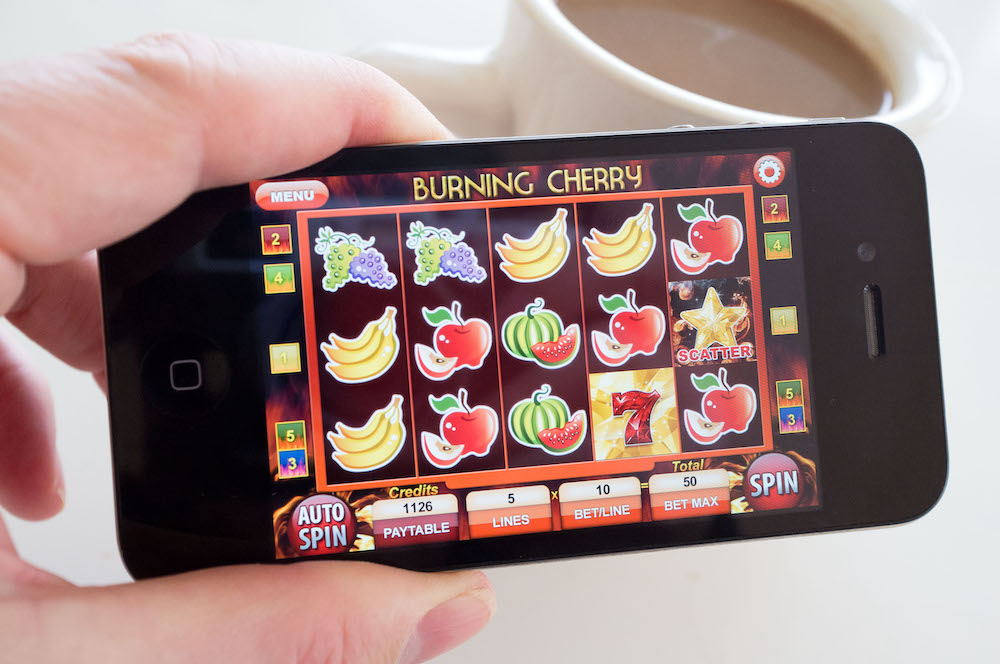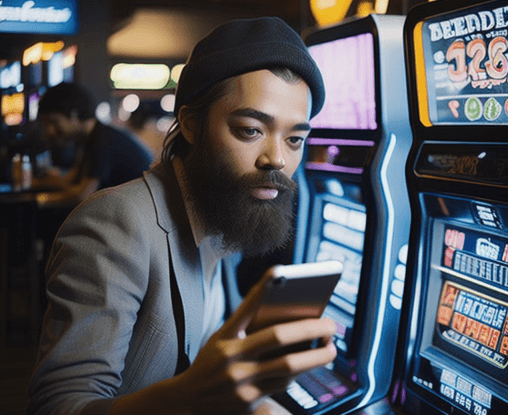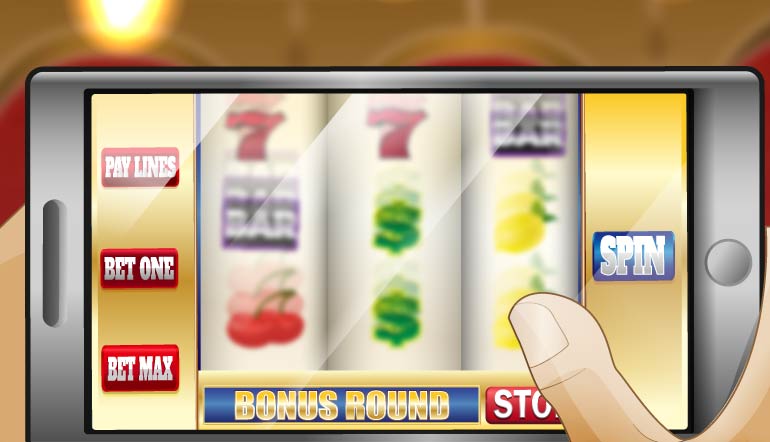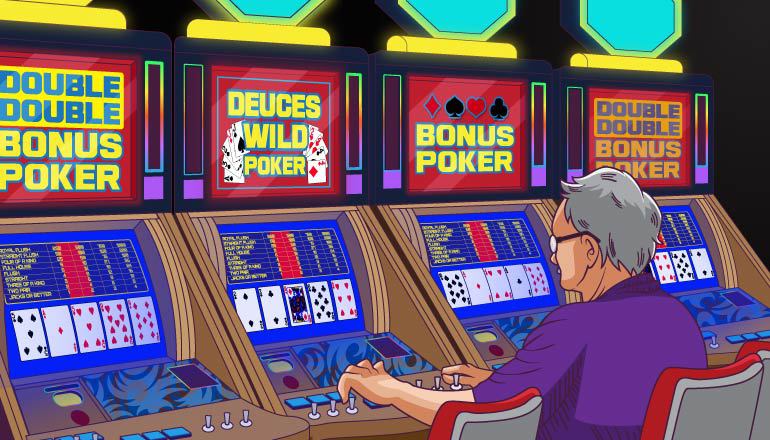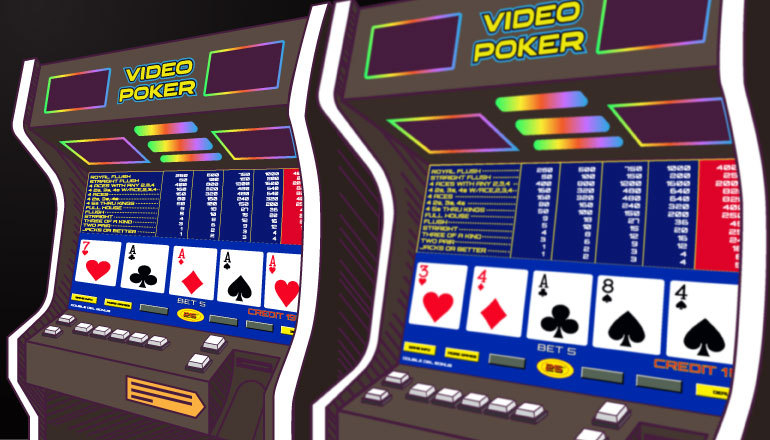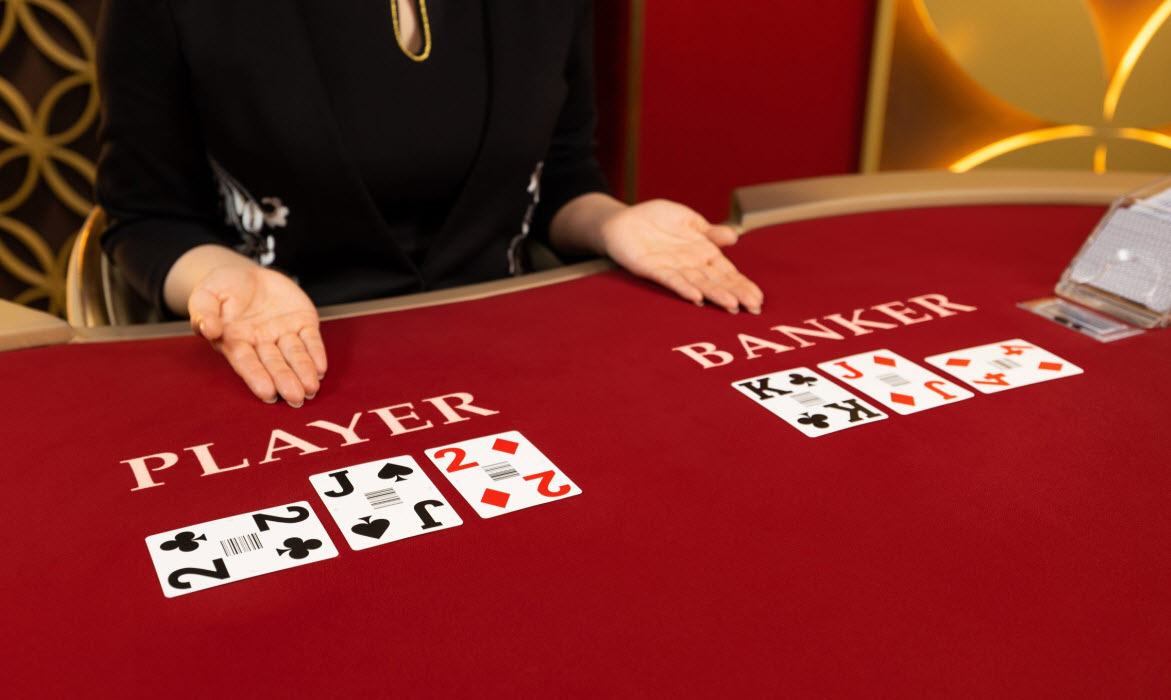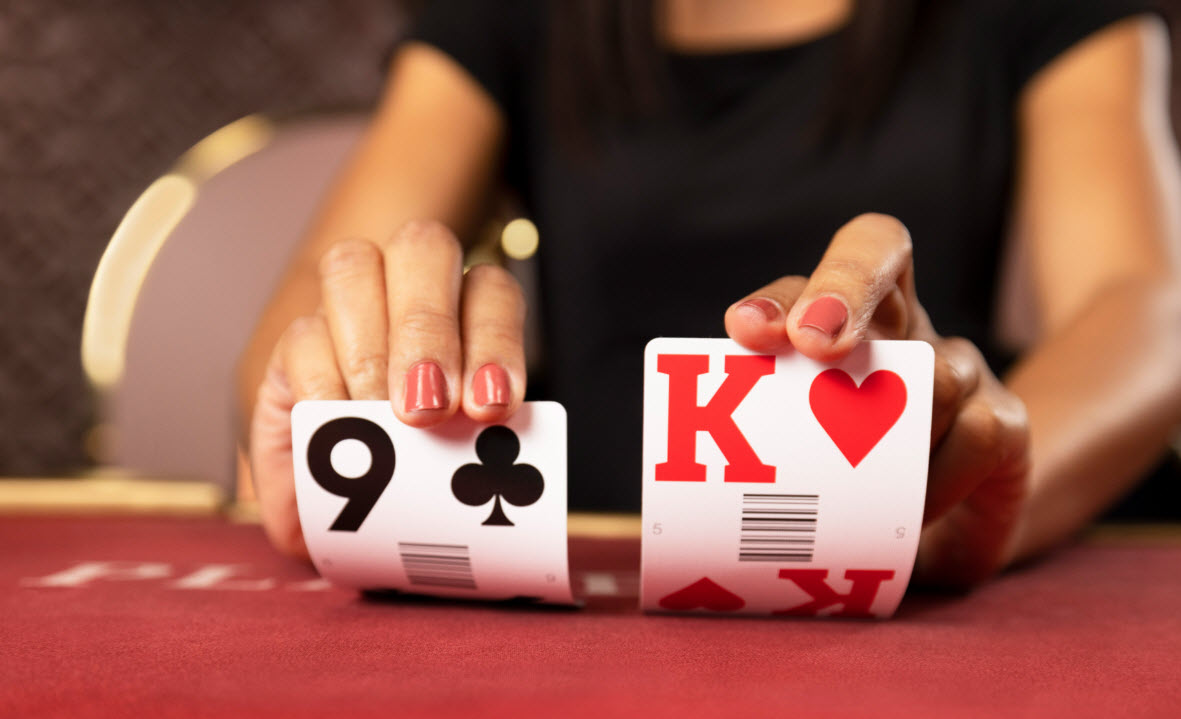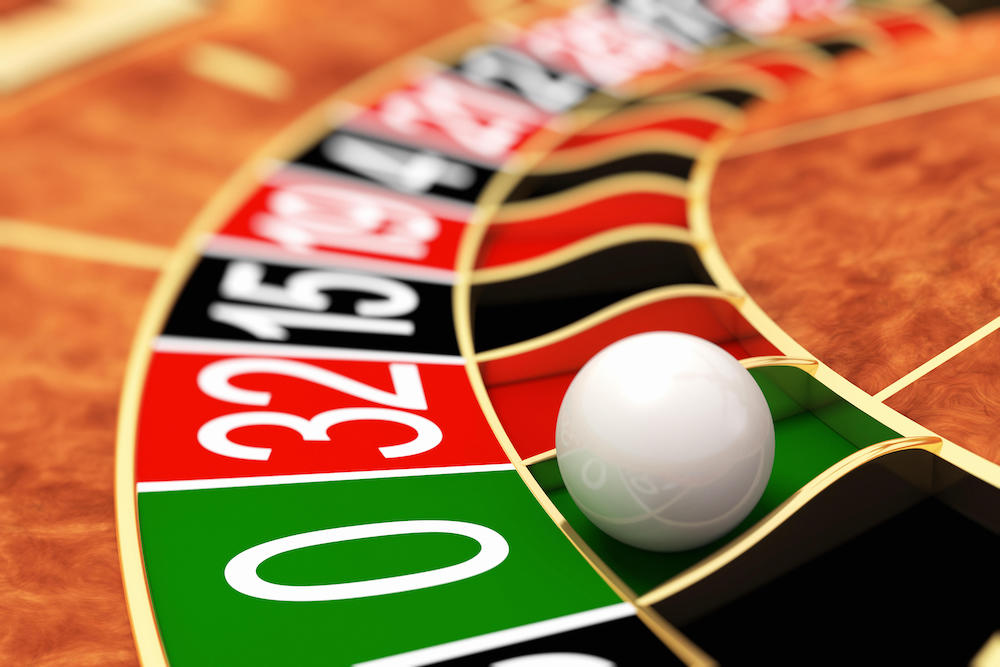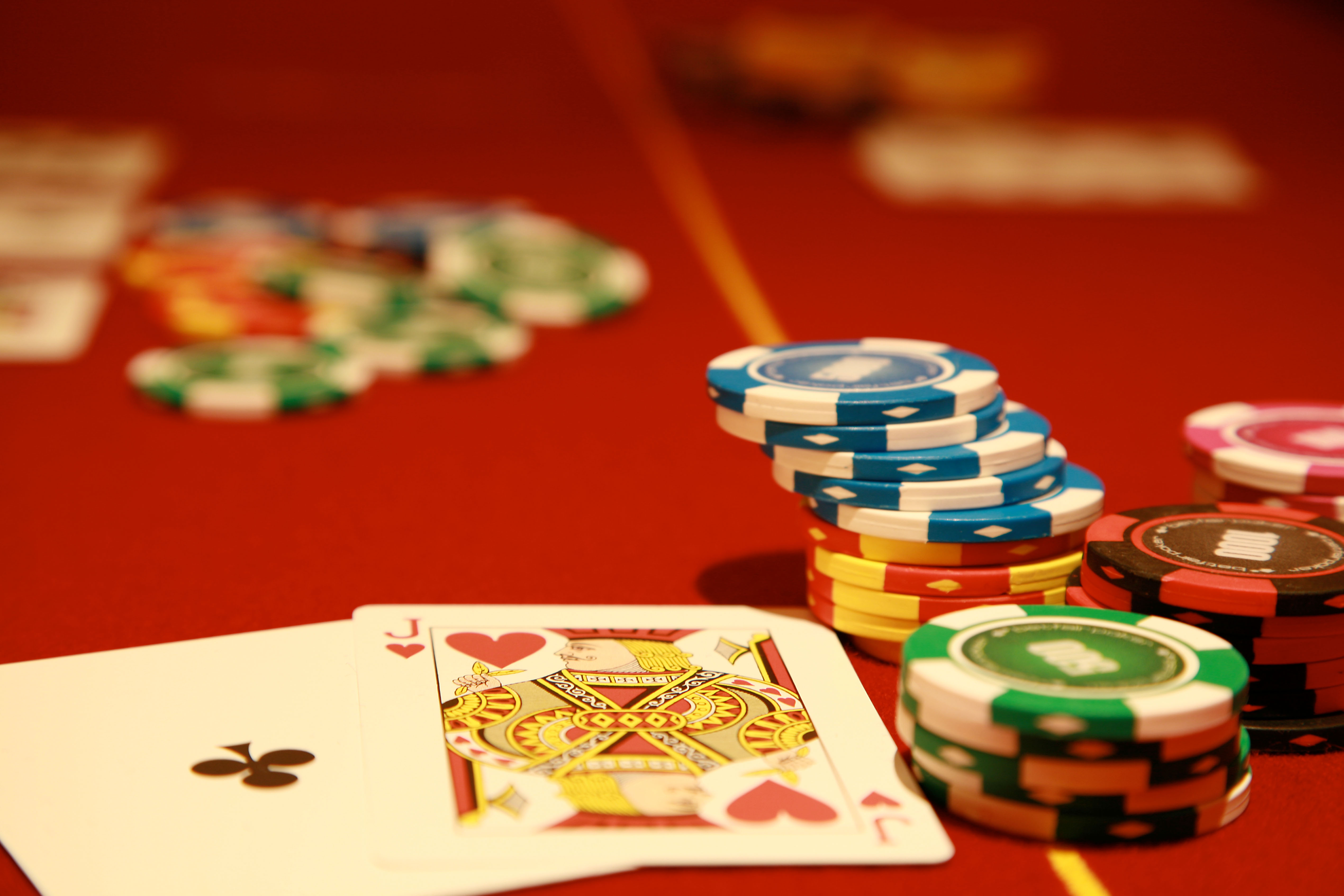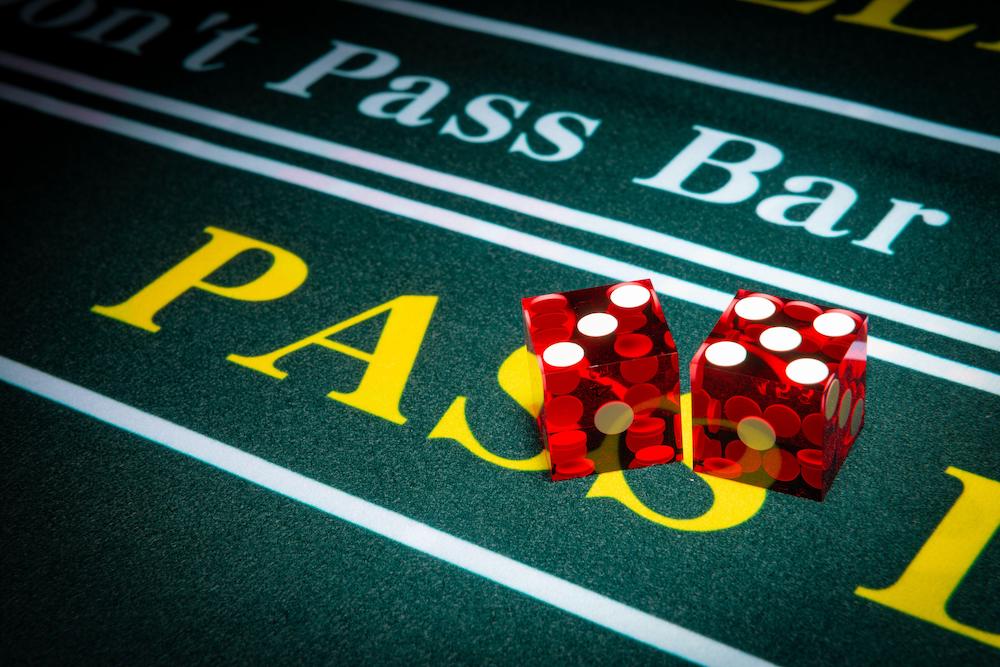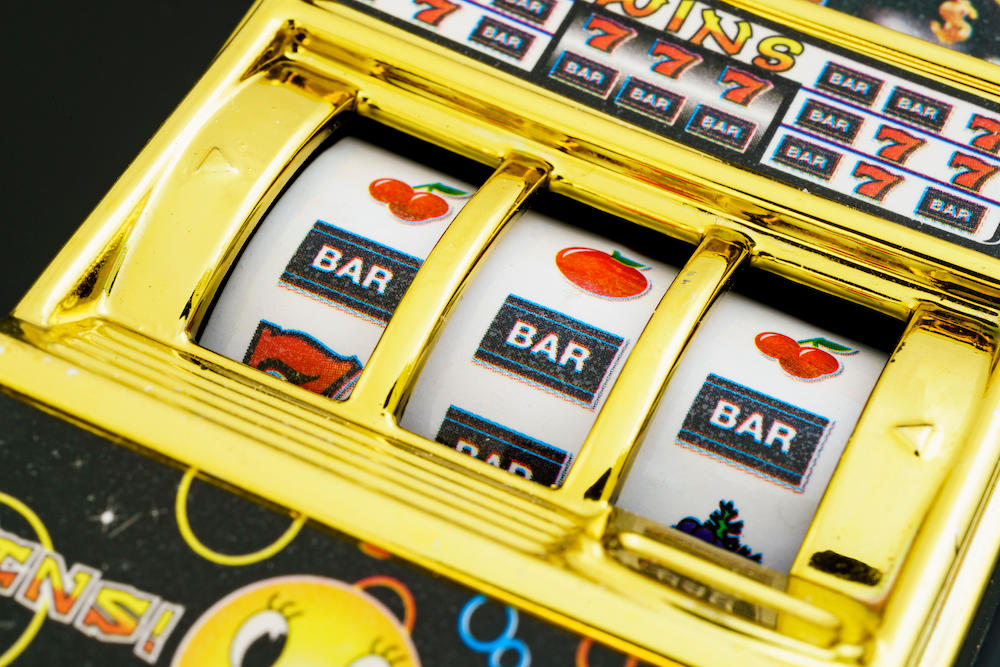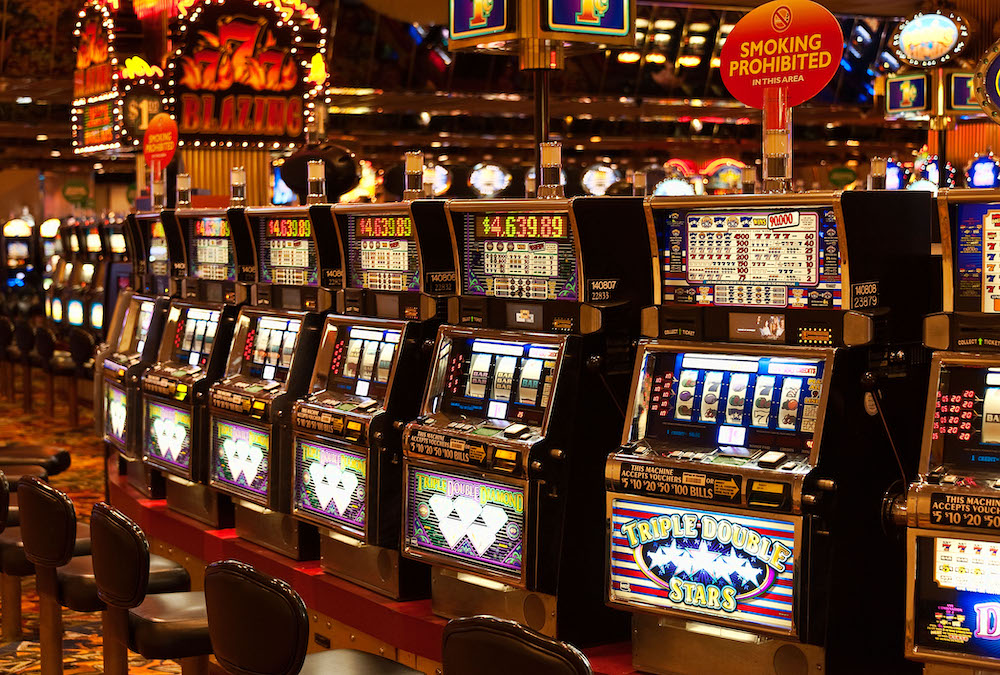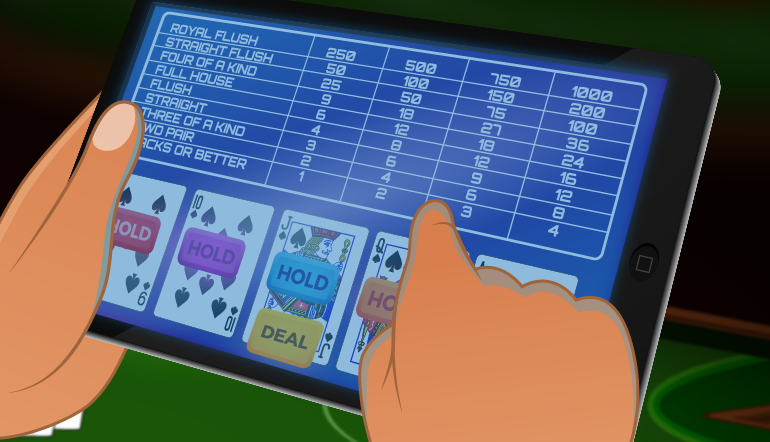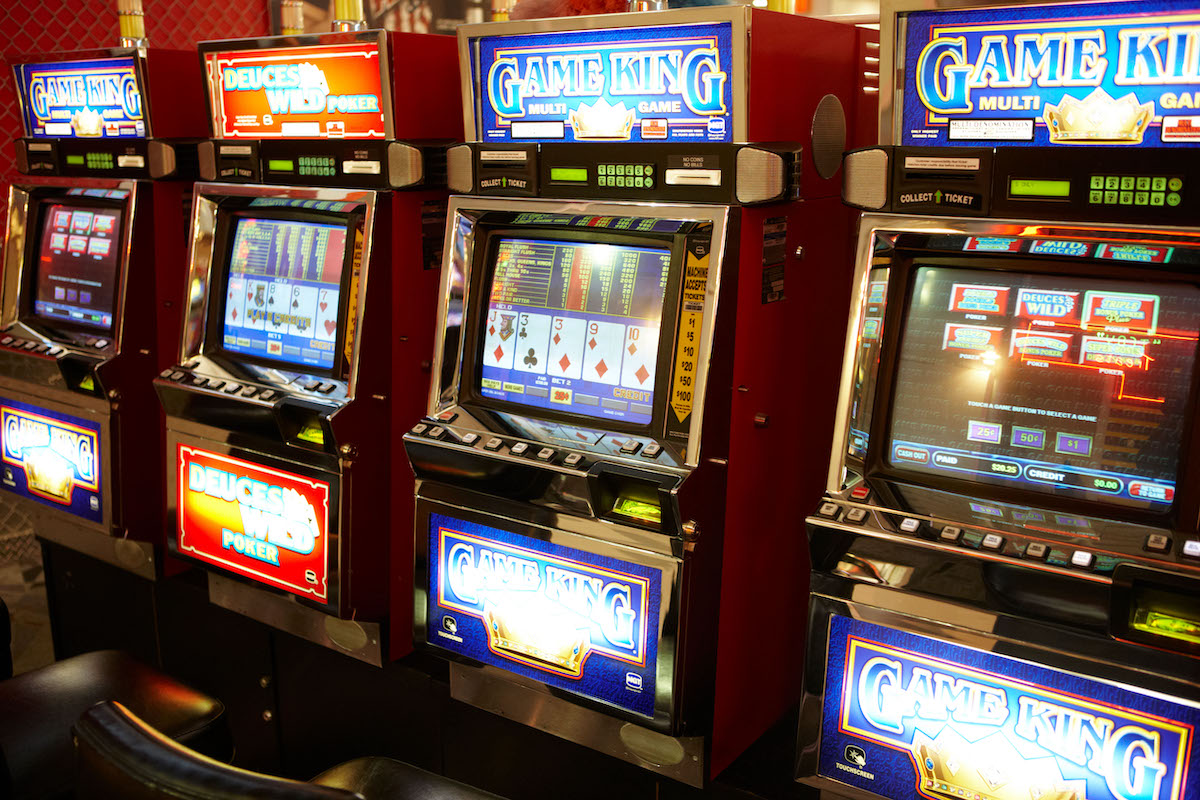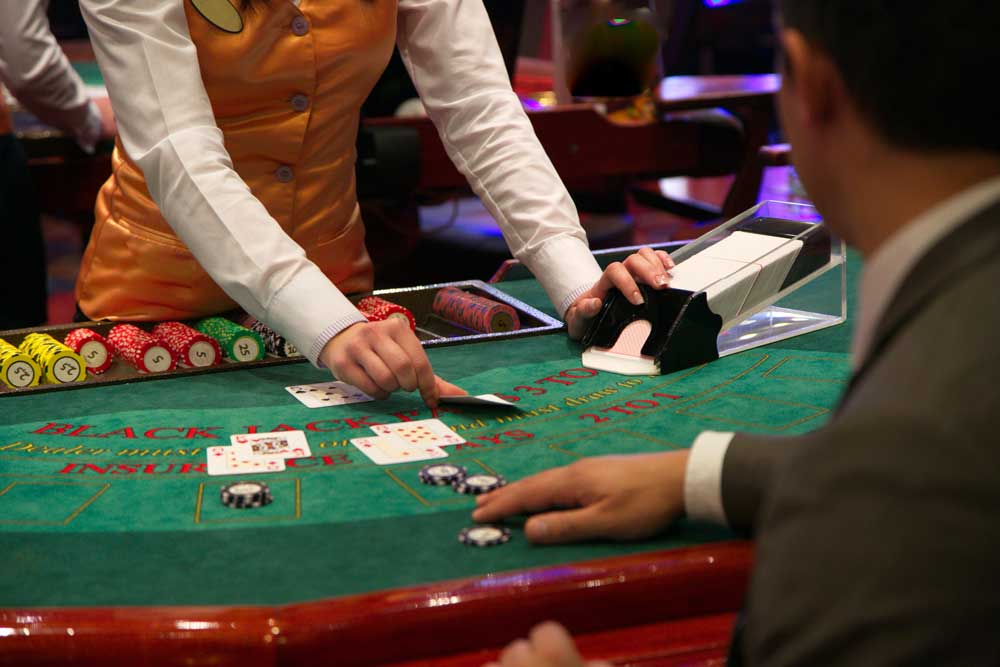For many players, the prospect of winning together is part of the fun in playing craps, and most players bet with the shooter. But some players simply want the best odds for their money, and in craps, that comes with betting opposite the shooter.
Wager including don't pass, don't come, lay bets or don't place bets are collectively known as the "Dark Side," and those who make them sometimes are called "wrong" bettors as opposed to "right" bettors who bet with the shooter.
If anything, playing the Dark Side is easier for online casino players than for those who play craps at live casinos. Online craps players don't have to endure taunts or glares from those betting the other way.
"Right" and "Wrong" bets are almost, but not quite, opposites. There are adjustments so the house still has an edge.
Here's a house edge comparison:
| Right bet | House edge | Wrong bet | House edge |
|---|---|---|---|
| Pass | 1.41% | Don't pass | 1.36% |
| Come | 1.41% | Don't come | 1.36% |
| Place 6 or 8 | 1.52% | Don't place 6 or 8 | 1.82% |
| Place 5 or 9 | 4% | Don't place 5 or 9 | 2.50% |
| Place 4 or 10 | 6.67% | Don't place 4 or 10 | 3.03% |
Buy 6 or 8 | 4.76% or 2.27% | Lay 6 or 8 | 4% or 2.27% |
| Buy 5 or 9 | 4.76% or 2% | Lay 5 or 9 | 3.23% or 2% |
| Buy 4 or 10 | 4.76% or 1.67% | Lay 4 or 10 | 2.44% or 1.67% |
Note that on buy bets and lay bets, two edges are listed. On those wagers, the house collects a 5 percent commission in exchange for paying your winners at true odds. The higher house edge is in play if the house collects the commission on all bets, while the lower edge comes at casinos that charge the commission only on winning bets.
You can see many Dark Side bets have lower house edges than the corresponding with-the-shooter wagers. There are exceptions. Don't place bets on 6 or 8 have a slightly higher house edge than place bets.
Let's look at how all that works for each Dark Side wager.
DON'T PASS
Don't pass is essentially the opposite of pass, one of the fundamental bets of craps. A betting sequence starts with a comeout roll. A don't pass bettor wins if the roll is 2 or 3, pushes on 12, and loses on 7 or 11. A pass bettor wins on 7 or 11 and loses on 2, 3 or 12.
If the roll is any other number, it becomes the point. If the shooter repeats the point before rolling a 7, the Dark Side bettor loses and the pass bettor wins. If a 7 comes before the shooter can repeat the point, the don't pass bettor wins and the pass bettor loses.
All winners are paid at even money. Win a $10 don't pass bet and you keep your wager and are paid $10 in winnings.
You can see the bets are exact opposites except that pass bettors win if the comeout is 12 and don't pass bettors push.
If the Dark Side won instead of pushing on comeout 12s, don't pass bettors would have an edge over the house of 1.41 percent, the same edge the house has over pass bettors.
If that were the case, there would be a flood of money bet on the Dark Side, casinos would lose money and they wouldn't be able to offer the game. So that small adaptation gives the house 1.36 percent edge on don't pass that's just slightly smaller than the 1.41 percent edge on pass, and the games go on.
The entire house edge against don't pass bettors come from the comeout roll, where there are three winning rolls (the one way to make 2 and two ways to make 3) and eight losers (six ways to make 7 and two ways to make 11).
Once there is a point, Dark Side players have the edge since there are six ways to make 7, only five ways each to make 6 or 8, four ways to make 5 or 9 and three ways to make 4 or 10.
For even more strategy tips, check out 888casino's compete craps strategy guide.
DON'T COME
The Dark Side opposite of come, don't come is played the same way as don't pass, with the same house edge. The only difference between don't pass and don't come is that you can make don't come bets on rolls other than the comeout. The shooter's next roll after you make a don't come bet becomes the equivalent of a comeout.
The 1.36 percent house edge makes don't come and don't pass among the best available bets either live casinos or online craps. Players who like working against more than one number at a time often follow a don't pass bet with a couple of come bets.
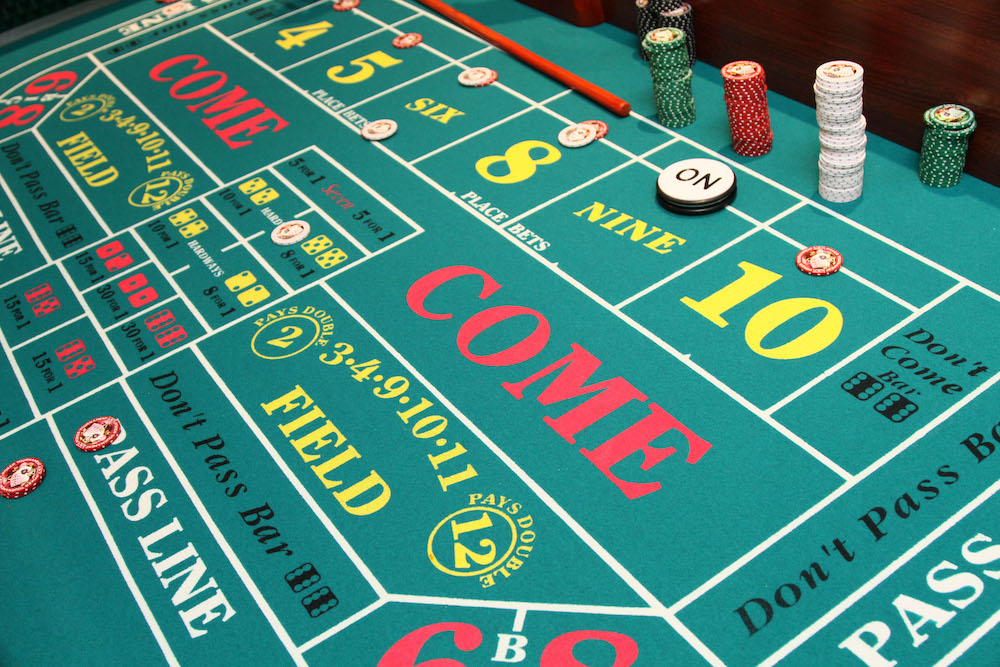
LAYING ODDS ON DON'T PASS OR DON'T COME
Pass and come bettors are given the opportunity to take free craps odds. They can back their pass or come bet with an odds bet that is paid at true odds of making a point: 6-5 of if the point is 6 or 8, 3-2 on 5 or 9, or 2-1 on 4 or 10.
Don't pass bettors are allowed to lay the odds instead. Dark Side odds bets are paid at 5-6 on 6 or 8, 2-3 on 5 or 9 or 1-2 on 4 or 10.
Imagine you have a $10 don't pass bet and the point is 4. You may lay odds by making a $20 bet. If the shooter rolls a 7, you win $10 on the don't pass bet and $10 on the odds bet.
Most casinos allow you to bet in multiples, so that with double odds on a $10 don't pass bet you could bet up to $40 for the chance to win $20, and so on.
Those odds reflect the true odds of winning. There is no house edge on either taking odds for a pass player or laying odds for a don't pass bettor.
The best way to use lay odds is to reduce your don't pass or don't come bet to the minimum and put the rest of your normal bet in laying the odds. That minimizes the amount you expose to the house edge that derives from the comeout and maximizes the amount in no-edge lay odds.
House edges on the combination of don't pass or don't come decrease from the 1.36 percent base to 0.7 percent with single odds, and the edge continues to decrease with double odds or more. That's a little better than the pass or come combo, where the edge decreases from 1.41 percent with no odds bet to 0.8 percent with single odds and lower with multiple odds.
DON'T PLACE OR LAY BETS
These are ways to bet against a single number, just as place or buy bets are ways to bet on a given number. Not every casino offers both ways to bet against a number. Check the rules online or ask a dealer at a table if you're unsure if your preferred method is available.
On either, you win if the shooter rolls a 7 before the number you bet against, and lose if the shooter rolls the number before a 7. In all cases, 7s are more frequent rolls than the available numbers: 4, 5, 6, 8, 9 or 10. Dark Side bettors win these bets more often than they lose, so payoffs and/or commissions are adjusted to give the house an edge.
With lay bets, winners are paid at true odds, meaning Dark Side bettors must bet $12 to win $10 when wagering against 6 or 8, must bet $15 to win $10 against 5 or 9 or bet
The key variable is whether the house charges the commission on all bets or only on winners. Lay bets are a much better option if there is a commission only on winners, though the house edge is never as low as it is on don't pass or don't come.
Either way, the best lay bets are on 4 or 10, where you win twice as often as you lose. House edges with a commission on all bets are 2.44 percent on 4 or 10, 3.23 on 5 or 9, or 4 on 6 or 8. With a commission only on winners, edges drop to 1.67 percent on 4 or 10, 2 on 5 or 9 or 2.27 percent on 6 or 8.
Don't place bets offer a way to bet against the numbers without paying a commission. Instead, payoffs are adjusted. Instead of the 1-2 true odds, don't place winners on 4 or 10 pay 5-11. Instead of 2-3, payoffs are 5-8 on 5 or 9, and instead of 5-6, payoffs are 4-5 on 6 or 8.
House edges are 1.82 percent on 6 or 8, 2.5 percent on 5 or 8 or 3.03 percent on 4 or 10. On 5 or 9 and 4 or 10, you get a better deal on lay bets if commissions are charged only on winners. Look before you leap.
A FINAL WORD
The lowest-edge Dark Side options are don't pass and don't come, especially when combined with laying odds. But beware. This isn't a route to instant riches. There's a good shot to win, but the house still has an edge.
Learn even more about playing dice with these craps tips.

